
Books about our fascinating world that would make great Christmas presents for your friends and family this year
A round-up of some of our favourite books we’ve reviewed from 2022, on topics ranging from wonderful wildlife to intrepid explorers, all of which would make a great present or stocking filler for your loved ones this Christmas.

An Immense World: How Animal Senses Reveal the Hidden Realms Around Us by Ed Yong
In his new book, Ed Yong takes us on a tour of our own world as we may never experience it. We learn that the elephant fish uses its electric field to sense its surroundings and communicate with other fish; that bats, dolphins and even humans have evolved echolocation to navigate through darkness; and we find out how turtles read the Earth’s magnetic field like a map. These strange and delightfully different ways of perceiving the world are happening around us all the time, without us knowing. Yong reveals them one by one, while weaving in fascinating details from the animal kingdom.

The Gold Machine: Tracking the Ancestors from Highlands to Coffee Colony by Iain Sinclair
In The Gold Machine: In the Tracks of the Mule Dancers, Sinclair has temporarily forsaken London, the central character of so many of his books, for Peru, where he seeks to summon the spirit of his great-grandfather Arthur Sinclair. Arthur was a Victorian bio-pirate: an expert gardener and self-taught botanist. From the early 19th century, in-demand plants started to be shipped around the world and Arthur was part of a community of scientists and surveyors who roamed the British Empire and beyond, searching for the most convenient and profitable places to grow them. His great-grandson decides to follow in his footsteps, but in the end it is Iain Sinclair’s own journey, rather than its inspiration, that proves most compelling.
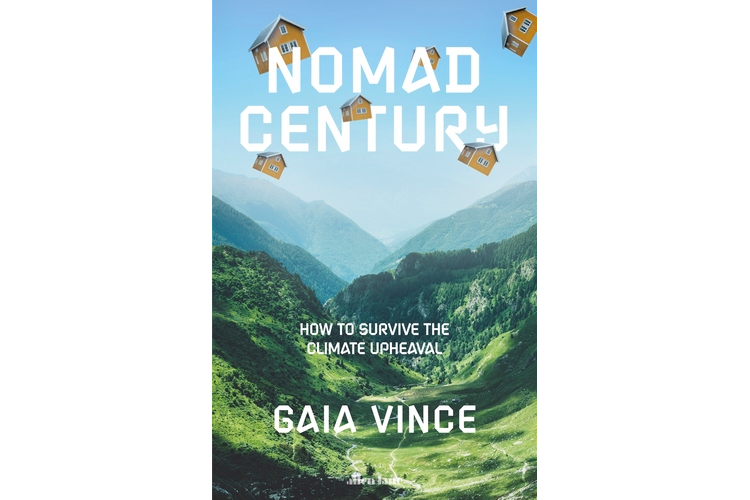
Nomad Century: How to Survive the Climate Upheaval by Gaia Vince
In the opening chapters of Nomad Century, science writer and broadcaster Gaia Vince paints a stark picture of what the world is likely to look like if global average temperatures rise 4°C above pre-industrial levels. This isn’t a distant or unrealistic prospect: climate models suggest we’re currently heading towards a 3°C–4°C rise by the end of the century – less than three generations away. In this rigorously researched, accessibly written and illuminating book, Vince examines what these changes will entail and how we should respond, ending with an eight-point ‘manifesto’ to guide us. While not shying away from the scale of the challenges, she doesn’t give in to fatalism or inertia: ‘[We] are facing a species emergency – but we can manage it.’
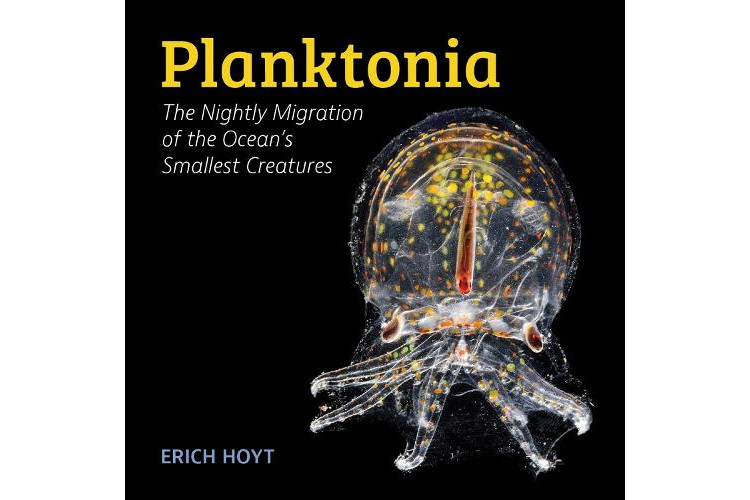
Planktonia: The Nightly Migration of the Ocean’s Smallest Creatures by Erich Hoyt
When people think of migrations, they think of the birds that fly south for winter or the wildebeest that cross the Serengeti each year, following the seasonal rains. But the greatest migration on Earth happens twice every night. In Planktonia, Erich Hoyt introduces us to some of the ocean’s most extraordinary and vital life forms. Starting at sunset, these tiny marine organisms travel up through the water column, feeding on plant plankton and other microscopic morsels, before retreating back into the dark depths of the ocean by dawn. Noted conservationist and marine scientist, Hoyt elegantly explains the importance of this awesome phenomenon not just for our oceans but how it helps regulate the whole planet. The stunning photography captures these mysterious creatures and their midnight feast in detail, from the ornate ghost pipefish to the bony-eared assfish.
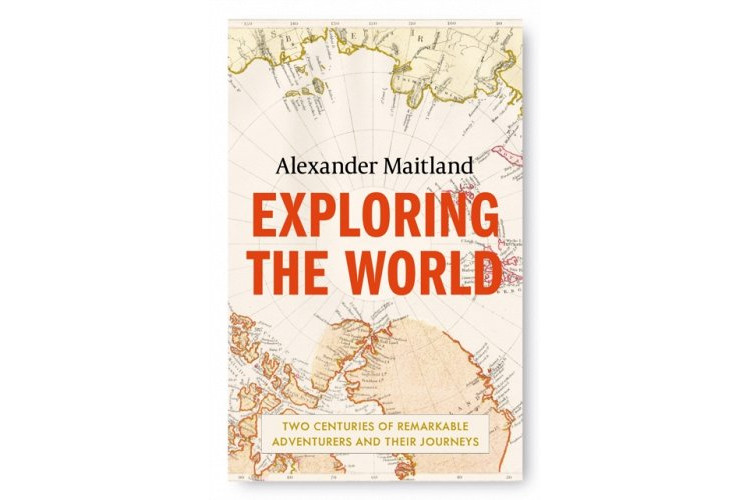
Exploring the World by Alexander Maitland
For almost two hundred years, the Royal Geographical Society (with IBG) has recognised the achievements of the explorers and travellers who have traversed and mapped our planet, awarding its prestigious gold medals to those who have contributed most to our knowledge of the world. Maitland’s book is a who’s who of these intrepid explorers. Nearly all of the men and women covered are worthy of a book in their own right, and many of the big names are here: Richard Burton, David Livingstone, Colonel Percy Fawcett, Alfred Russel Wallace, Eric Shipton, Gertrude Bell and Dame Freya Stark. What emerges, amid the tales of derring do, is the inspiring singularity of so many of these individuals, many of whom overcame considerable odds.
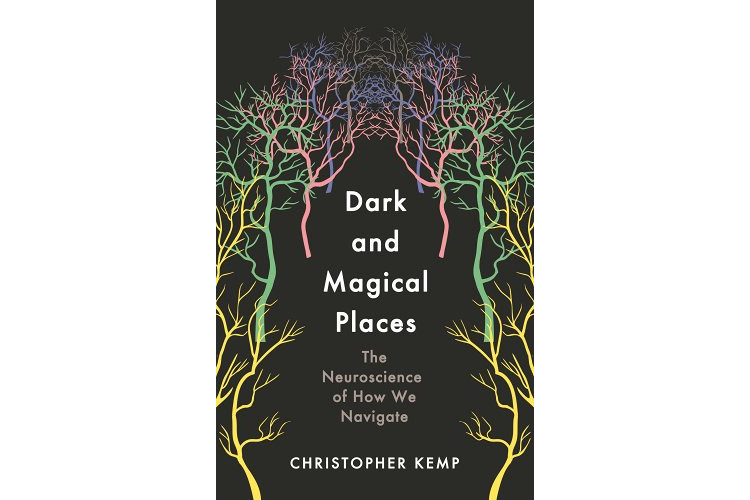
Dark and Magical Places: The Neuroscience of How We Navigate by Christopher Kemp
Human beings have traversed and mapped continents and oceans. We’ve been to the Moon and back. We have an impressive collective knowledge about how to get around – but as Christopher Kemp’s fascinating book about the neuroscience of navigation shows, most of us still have a lot to learn about why we’re able to work out where we are. Fortunately, there’s now plenty of scientific research to help out, and Kemp details many of the studies that have helped us understand these cognitive abilities. These range from ingenious low-fi experiments involving tracing people’s progress through Hampton Court maze using bags of flour with holes in them, to advanced set-ups involving virtual reality and functional magnetic resonance imaging. He imbues all of them with the thrill of discovery – while also building up a useful guide to what we know about the workings of the mind.

The Best British Travel Writing of the 21st Century: A Celebration of Outstanding Travel Storytelling from Around the World edited by Jessica Vincent
At its best, travel writing can be glorious, capable of fostering a sense of adventure and revealing truths about the human spirit. Good travel writing is difficult, but there are many exceptional examples in this well-curated anthology, which features stories from across the globe and from a diverse range of writers. There’s the village in Kerala that’s utterly obsessed with chess; the searingly honest description of the Hajj pilgrimage; and the Pakistani mountain towns where the inhabitants seem to hold the secret to a long life. It’s a great read for anyone fascinated by the world – and not just those who get to travel it.

Otherlands: A World in the Making by Thomas Halliday
It’s phenomenally difficult for human brains to grasp deep time. Even thousands of years seem unfathomable, with all human existence before the invention of writing deemed ‘prehistory’, a time we know very little about. Thomas Halliday’s book Otherlands helps to ease our self-centred minds into these depths. Moving backwards in time, starting with the thawing plains of the Pleistocene (2.58 million – 12,000 years ago) and ending up in the marine world of the Ediacaran (635–541 mya), he devotes one chapter to each of the intervening epochs or periods and, like a thrilling nature documentary, presents a snapshot of life at that time. It’s an immersive experience, told in the present tense, of these bizarre ‘otherlands’, populated by creatures and greenery unlike any on Earth today.

Inside Qatar: Hidden Stories from one of the richest nations on earth
How much do most of us really know about Qatar? One of the richest nations on Earth per capita. A successful, and potentially dodgy, World Cup bid. A place beset with workers’ rights abuses. That might be the limit of it. Feeling in a similar boat, but determined to find out more ahead of this year’s football spectacular, social anthropologist and author John McManus decided to spend a year living in the country and attempting to get to know its people. It wasn’t an easy task. The country is so full of foreign workers that Qatari citizens make up only around 10 per cent of the population and many of their chief hang-outs aren’t open to visitors, but McManus does eventually have some success in prying open their sanctums in this entertaining and compassionate book.
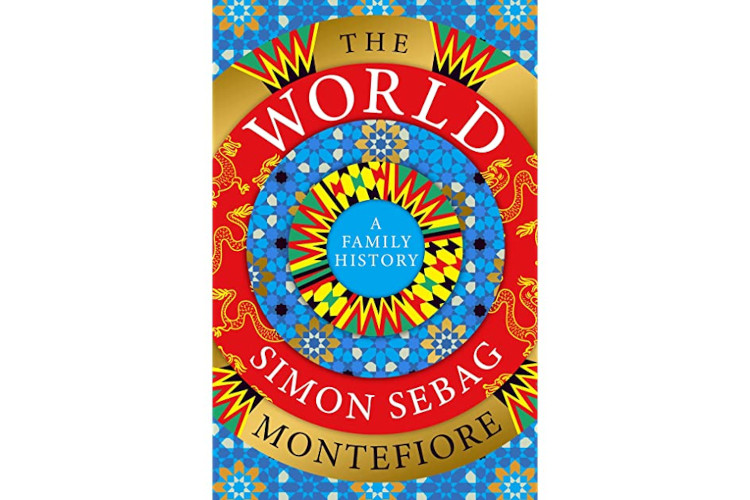
The World: A Family History by Simon Sebag Montefiore
While many of us spent lockdown learning how to bake bread, grow vegetables in our back gardens or doing DIY, Simon Sebag Montefiore wrote a history of the world, from more than 800,000 years ago to the present day. It contains a vast breadth of knowledge about the world, acquired from a lifetime of reading, and all told through the stories of some of the most influential families in history. Many are household names: the Caesars, Genghis, Habsburgs, Medicis, Romanovs, Bonapartes, Rothschilds, Kennedys, Kims, Assads and Trumps. Many are not. We follow them through their ups and downs, loves and marriages, greed and ambition, wealth and deaths.

Spring Tides: Exploring Marine Life on the Isle of Man by Fiona Gell
Published poet and marine scientist Fiona Gell (not a common combination), writes an evocative story of her infatuation with the sea. A delightful meeting of informed, scientific intelligence and beautiful prose. Nature writing at its best.




